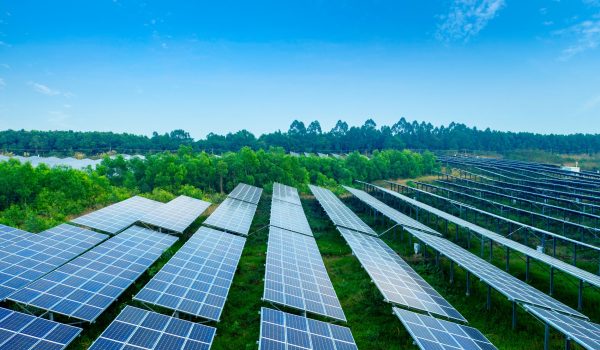Is environmental regulation keeping e-waste under control?
Evidence from e-waste exports in the European Union
Waste generated from electrical and electronic equipment (e-waste) is increasing worldwide. Developed countries like those in Europe produce the most significant proportion of e-waste worldwide and, therefore, rely on exporting it to other countries for waste disposal. As Europe is transiting towards a Circular Economy and tackling environmental-related problems, there has been an increase in environmental policies and regulations in this area. This paper presents empirical evidence of how European Union regulations have affected the exports of e-waste. Yearly data from 2010 to 2018 for a panel of 18 European Union countries were analysed. In order to measure environmental regulation, Environmental Tax Revenues from the manufacture of computers, electronic, and optical products were selected.
The findings of this paper suggest that taxation is ineffective in reducing e-waste exports, with a tax on manufacturers actually increasing them. Also, high dependence and sub-standard e-waste collection systems increase e-waste exportation. Given that countries often depend on foreign raw materials, a sensible approach would be to invest in collection points for e-waste to take economic advantage of this waste’s vital elements.
Other relevant publications
The role of extended producer pesponsibility (EPR) in the energy transition
Analysis of the implementation of EPR for batteries in electric vehicles, solar panels, and wind turbines
Report collection for reuse at recycling centers
This report analyzes pilot projects in the municipalities of Amersfoort and Zwolle aimed at promoting the reuse of electrical appliances through recycling centers.
Program of requirements for circular climate installations
The program of requirements for circular climate installations has been developed for housing associations and their partners to reduce the environmental impact of building-related installations.







